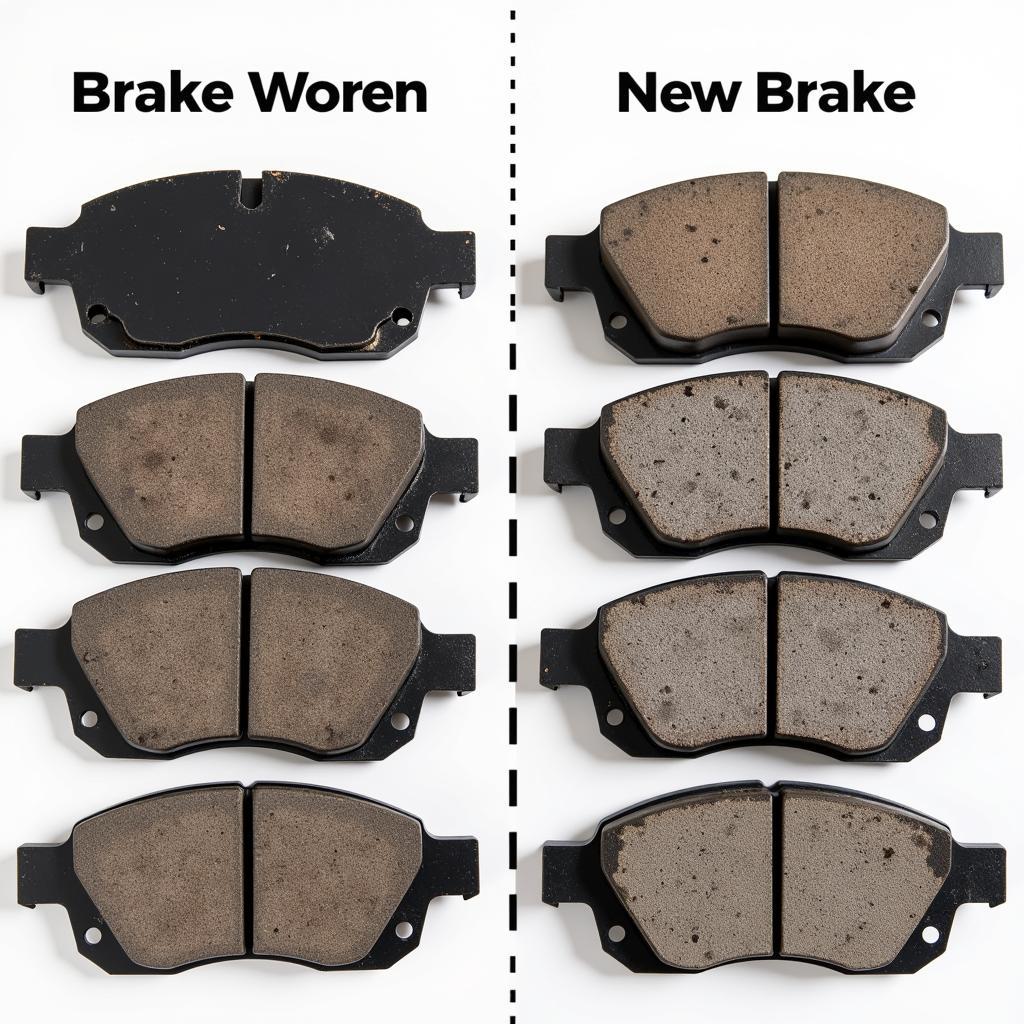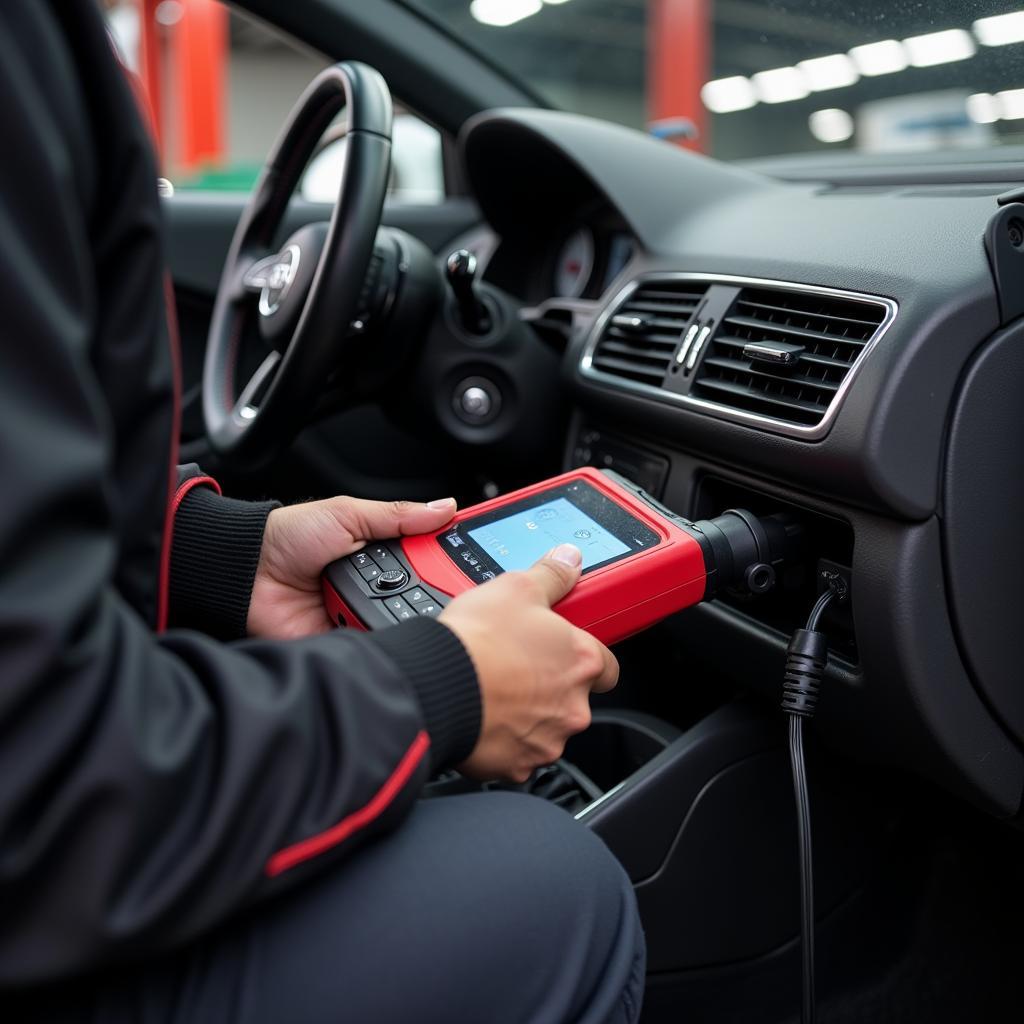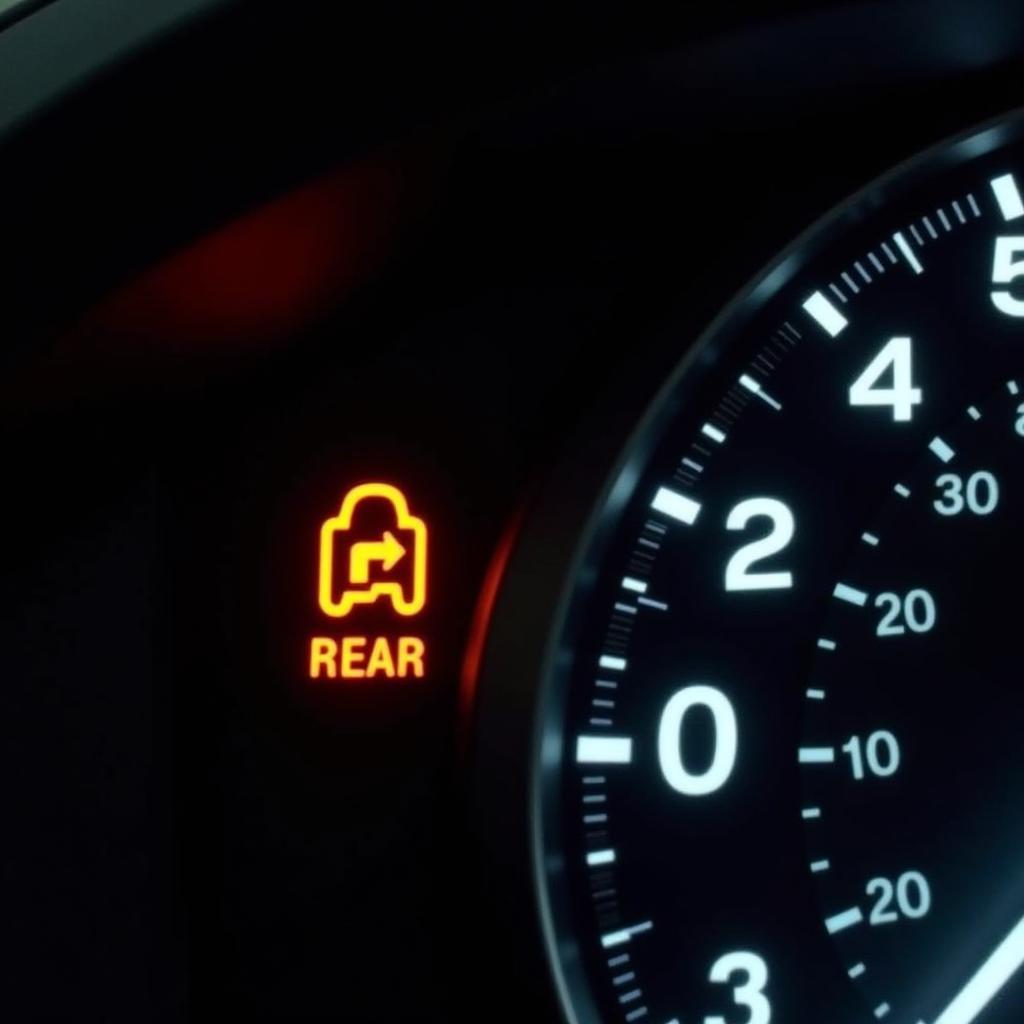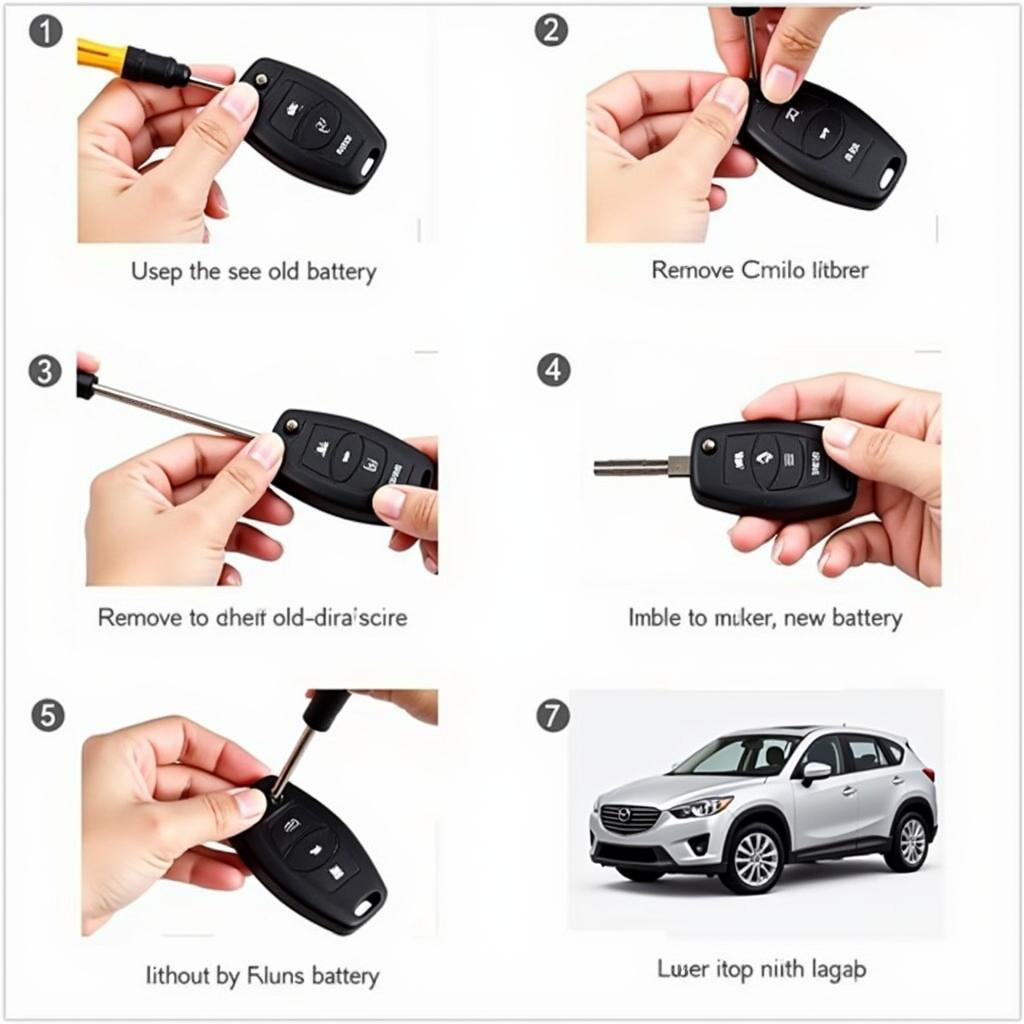The persistent glow of your Audi’s brake warning light can be a nerve-wracking experience. This usually indicates a potential issue with your braking system that should be addressed immediately to ensure your safety on the road. While the cause could be as simple as an engaged parking brake, it could also signal a more complex problem within the system. This comprehensive guide will delve into the common causes of an illuminated Audi brake warning light and provide insightful solutions to get you back on track.
Understanding Your Audi’s Brake Warning Light System
Audi vehicles are equipped with a sophisticated sensor-based brake warning system designed to alert you of potential problems. When the system detects an anomaly, the brake warning light on your dashboard illuminates, signaling your attention is required.
Common Causes of an Illuminated Brake Warning Light
Several factors can trigger the brake warning light in your Audi. These range from simple oversights to more complex system malfunctions. Here’s a breakdown of the most common culprits:
1. Engaged Parking Brake
It might seem obvious, but a common reason for the brake warning light to stay on is an engaged parking brake. Always ensure your parking brake is fully disengaged before driving.
2. Low Brake Fluid Level
Brake fluid is the lifeblood of your Audi’s braking system. If the fluid level drops below a certain point, it triggers the warning light. This could be due to a leak in the system or worn-out brake pads.
3. Worn Brake Pads
Your Audi’s brake pads are designed to wear down over time. When they reach a certain thickness, a sensor within the brake pad assembly triggers the warning light, indicating it’s time for a replacement.
 Worn brake pads next to new brake pads
Worn brake pads next to new brake pads
4. Faulty Brake Fluid Sensor
The brake fluid sensor constantly monitors the brake fluid level. If the sensor malfunctions, it can send a false signal, causing the warning light to illuminate even if the brake fluid level is adequate.
5. ABS Issues
A malfunctioning Anti-lock Braking System (ABS) can also trigger the brake warning light. This could be due to a faulty ABS module, wheel speed sensor, or a problem with the ABS control unit.
What to Do When Your Audi Brake Warning Light Stays On
1. Don’t Panic: The first step is to stay calm. While a brake warning light indicates a potential issue, it doesn’t necessarily mean a complete brake failure is imminent.
2. Check Your Parking Brake: Ensure your parking brake is fully disengaged. If it’s not, release it and see if the warning light goes off.
3. Inspect Brake Fluid Level: Carefully check the brake fluid level in the reservoir. If it’s low, add the recommended brake fluid type as specified in your Audi’s owner’s manual. However, be cautious as a significant drop in brake fluid level often indicates a leak that requires immediate professional attention.
4. Visual Inspection: If possible, take a quick look at your brake pads through the spaces between the wheel spokes. If they appear significantly thin or worn out, it’s time for a replacement.
5. Seek Professional Help: If the warning light persists despite these checks, it’s crucial to seek professional assistance. Driving with a persistent brake warning light can be risky, and a qualified mechanic can accurately diagnose the issue using advanced diagnostic tools.
 Mechanic performing diagnostics on an Audi vehicle
Mechanic performing diagnostics on an Audi vehicle
Expert Insight:
“Ignoring a persistent brake warning light is like playing Russian roulette with your safety,” warns Mark Stevenson, a seasoned Audi mechanic with over 20 years of experience. “Addressing the issue promptly can prevent costly repairs and ensure your safety on the road.”
Remote Diagnostic and Programming Solutions
In today’s technologically advanced world, remote diagnostic and programming solutions are gaining significant traction in the automotive industry. These services allow qualified technicians to remotely access your Audi’s onboard computer system, diagnose problems, and even reprogram certain modules without physically being present.
For instance, if you’re experiencing an issue like the “brake warning light stays on audi a4”, a remote technician can analyze the error codes stored in your car’s system, pinpoint the root cause, and guide you on the necessary steps. In some cases, they can even perform software updates or resets remotely, potentially resolving the issue without a trip to the workshop. This can be particularly helpful for minor software glitches or sensor calibration issues. You can find more information about specific Audi models, such as “2017 audi q5 brake pad warning light reset,” on specialized online platforms like CARDIAGTECH.com.
However, it’s crucial to remember that not all problems can be fixed remotely. Issues like brake fluid leaks, worn brake pads, or mechanical failures require physical inspection and repair. For those dealing with commercial vehicles, like the “2002 international 4900 brake pressure warning light stays on,” remote diagnostics can be instrumental in minimizing downtime and keeping your business on track.
FAQs
Q1: Can I drive my Audi with the brake warning light on?
It’s strongly advised not to drive with a persistent brake warning light. While driving short distances to a safe location might be possible, prolonged driving can be risky.
Q2: How often should I replace my Audi’s brake pads?
Brake pad lifespan varies depending on driving style and conditions. However, it’s generally recommended to have them inspected every 10,000-12,000 miles and replaced as needed. For more information on brake pad warning lights, you can visit what does brake pad warning light mean.
Q3: Can a faulty e-brake switch trigger the brake warning light?
Yes, a malfunctioning electronic parking brake (e-brake) switch can trigger the brake warning light. If you suspect an issue with your e-brake switch, you can learn more about it on our page dedicated to e-brake warning light switch.
Q4: How much does it cost to fix an Audi brake warning light issue?
The repair cost depends on the underlying cause. A simple brake fluid top-up might cost a few dollars, while a brake pad replacement can range from $150 to $300 per axle. More complex issues like ABS module replacement can be significantly more expensive.
Conclusion
Addressing an illuminated brake warning light promptly is paramount for your safety and the longevity of your Audi. By understanding the common causes and taking appropriate action, you can ensure a smooth and worry-free driving experience.


